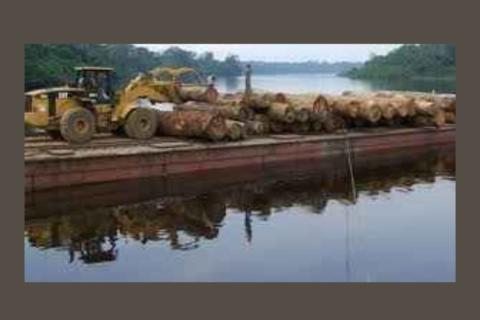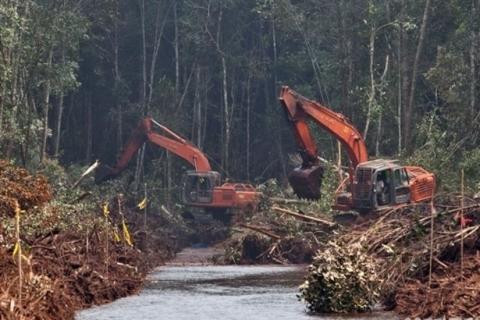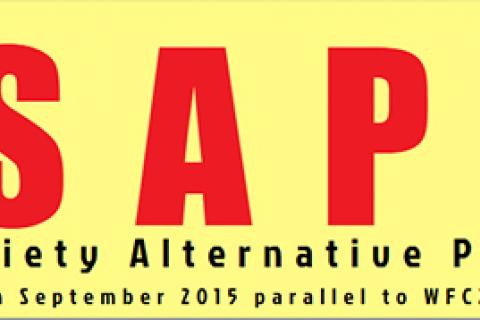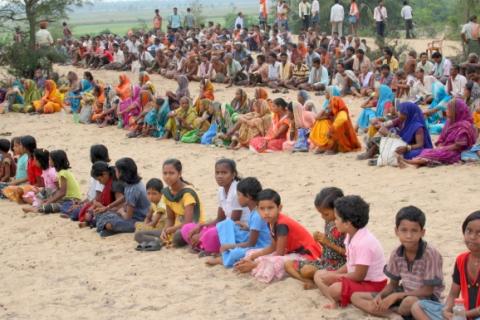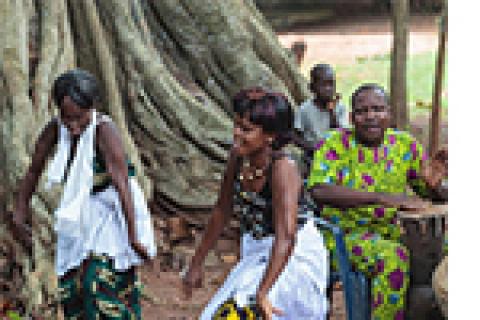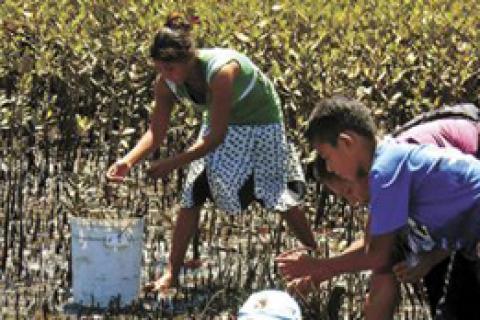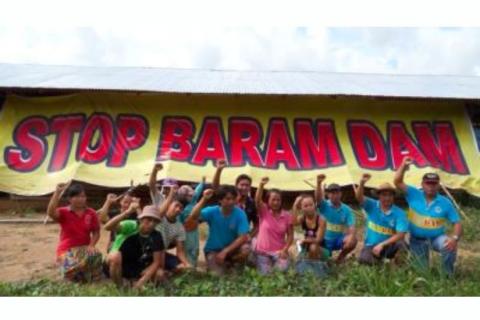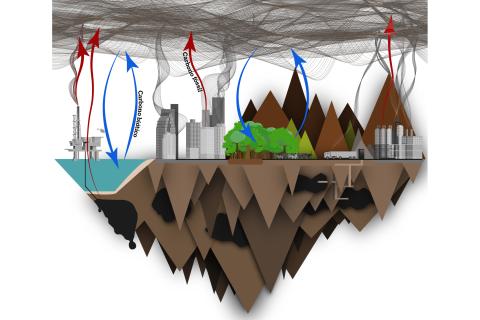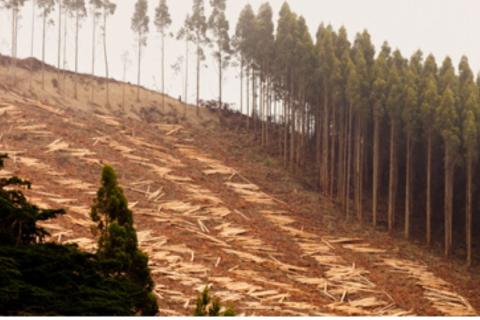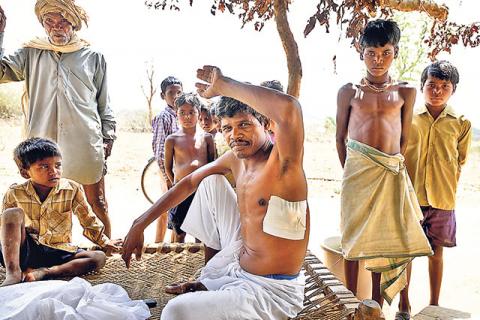A video from the NGO Global Witness, who visited many communities in DRC directly impacted by the logging industry, shows the reality of these concessions on the ground. Mostly, the same story repeated itself. Communities have had no positive effects since logging companies started operating, resources they depend upon have become scarce and rivers are drying up, while promises of developmental projects and employment have vanished. “We have no voice.
Other information
Hundreds of people are detained in Indonesia for having claimed their rights on their land, forests and other resources while resisting eviction and land grabs. The reality is that Indonesia’s Forest Law on Prevention and Eradication of Forest Destruction, ostensibly intended to protect the forests from organized crime and illegal logging, is instead being used to criminalize Indigenous Peoples and local communities.
Dear all
In Durban we will march to protest the expansion of industrial tree plantations that destroy ecosystems and biodiversity, steal community land and resources, and impact on people's health through the pollution of land, rivers, wetlands, lakes, oceans and the air by the global timber, pellet, pulp and paper industry.
Although growing international recognition of forests’ role on food sovereignty for forest-dependant populations, large amounts of medicinal and highly nutritious plants are disappearing due to deforestation. This is the case of Benin, where 12% of the households have lost food sovereignty, 38% of medicinal plants have vanished and malnourishment is prevalent.
Since 2004, through the International ‘Redmanglar’ (Mangrove Network) - which brings together communities, organizations, academics, scientists and activists concerned with the defense of the mangrove forests - every 26th of July mangroves are celebrated by recalling their importance as a source of life, protection and support for coastal towns and communities, and their identity as a territory, traditions and cultures associated to them.
The construction of three mega dams in Malaysia has displaced tens of thousands of people and forced them into resettlement areas. A stunning video from The Borneo Project shows a rather terrible reality, where current plans to construct twelve additional dams in the region of Sarawak will displace many thousands more.
Along the Atlantic coast of Honduras, Afro-Caribbean Garifuna communities are being threatened and forced from their land by proposals for the creation of mega-tourism projects and corporate-run cities, often known as “model cities,” as well as the expanding interests of narco-traffickers and oil palm plantations to invade and use their territories. Faced with evictions, the Garifuna communities have decided to dedicate themselves to non-violent resistance in defense of their territory.
What does "net" means for the World Bank? An article in the Mexican newspaper "La Jornada" warns about the problem of so-called "zero net emissions", a concept strongly emphasized in a recent World Bank report.
Last April, the commercial use of GE eucalyptus trees was approved in Brazil, despite the strong local resistance and evidence of GE eucalyptus trees intensifying industrial plantations’ impacts. This is the first approval of GE trees in Latin America. The application came from FuturaGene, a subsidiary of pulp and paper company Suzano.
Aklu Chero, a tribal leader protesting the construction of the dam, was shot at by the police on April 15. (Vipin Kumar/ HT Photos)
Press Release
July 10, 2015, Geneva – Dozens of organizations and social movements mobilized this week in Geneva to send a strong message to the United Nations Human Rights Council, to urge them to take action against corporate impunity. The negotiation of a binding instrument on Transnational Corporations (TNCs) and Human Rights is an unmatched opportunity to provide access to justice to victims of corporate human rights abuses.
